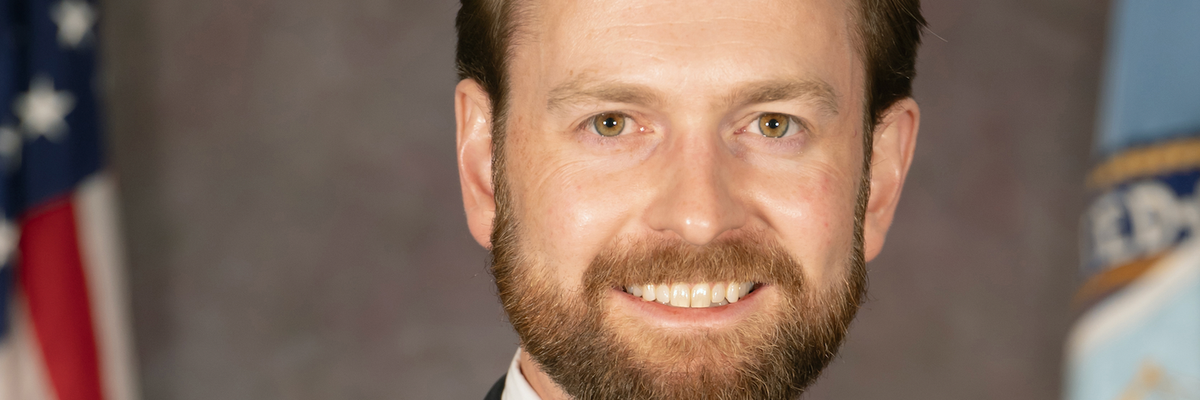President-elect Donald Trump's pick to lead the Federal Trade Commission cast the lone no vote Tuesday against a newly finalized rule banning deceptive junk fees in live-event ticketing and short-term lodging.
The rule, according to an FTC release, "targets specific and widespread unfair and deceptive pricing practices in the sale of live-event tickets and short-term lodging, while preserving flexibility for businesses."
"It does not prohibit any type or amount of fee, nor does it prohibit any specific pricing strategies," the agency said. "Rather, it simply requires that businesses that advertise their pricing tell consumers the whole truth up-front about prices and fees."
FTC Commissioner Andrew Ferguson, Trump's choice to head the bipartisan agency, was the only member to vote against the junk fees rule. In his dissenting statement, Ferguson wrote that his opposition had "nothing to do with the merits" of the finalized rule but was rather a vote against any additional rulemaking by the Biden administration.
"It is particularly inappropriate for the Biden-Harris FTC to adopt a major new rule that it will never enforce, as the final rule will not take effect until many months after President Trump takes his oath of office," Ferguson wrote.
Ferguson has been a consistent opponent of causes championed by FTC Chair Lina Khan, including the agency's rules banning anti-worker noncompete agreements and making it easier for consumers to cancel subscriptions.
Nidhi Hegde, interim executive director of the American Economic Liberties Project, said in response to the newly finalized rule that "banning junk fees is broadly popular across the country because Americans are tired of being tricked by hidden costs that inflate prices and distort competition."
"Finalizing this rule with bipartisan support demonstrates Chair Khan and the commission's commitment to delivering real results for consumers, saving Americans both time and money," said Hegde. "We're pleased to see the FTC work to get this done, and encourage federal and state policymakers to build on this effort to put an end to junk fees once and for all."
With his dissent on Tuesday, Ferguson offered a glimpse of "how he plans to lead the FTC—and how the Trump administration plans to run the independent agencies put in the crosshairs by the Project 2025 plan," political reporter Matt Sledge wrote for The Intercept on Wednesday.
"While calling on the FTC to stop issuing rules until Trump takes office might win favor with the incoming president, it is sharply at odds with positions on the agency's independence that Republicans were putting out just weeks ago," Sledge noted. "As recently as October, the House Oversight Committee released a report dinging Khan for a supposed lack of independence from the Biden administration."
"Since Trump's election, however, Republicans have shown newfound enthusiasm for the idea of bringing independent agencies under executive control," he added. "That vision was laid out in Project 2025."
Since he's already a commissioner at the agency, Ferguson will not require Senate confirmation to become FTC chair once Trump takes office next month.
In his job pitch to Trump's team, Ferguson pledged to use his tenure as FTC chair to "reverse Lina Khan's anti-business agenda" and halt her "war on mergers."

